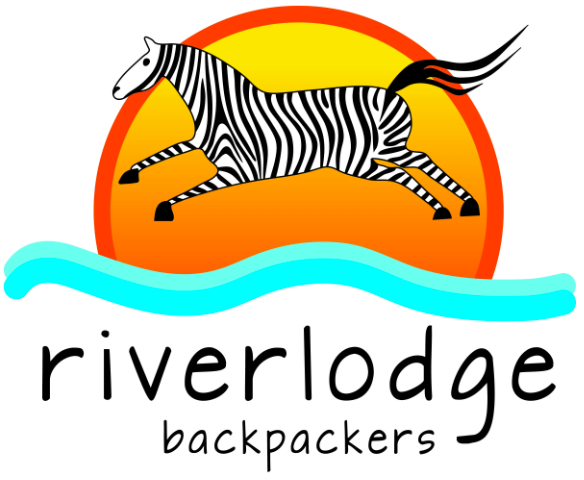
6 Interesting Facts You May Not Know About Cape Town
By Saskia CarelseFind out what lovers do on Table Mountain, which place is the most visited in Cape Town, where the oldest surviving building stand, plus more!
Cape Town has a rich history as well as a prosperous future. Tourists from all over flock to Cape Town and locals never want to leave. But do all of the people who walk the grounds of Cape Town know all that there is to know about this beautiful city?
Read through these interesting facts and use them as an ice breaker next time you're visiting any of the below-mentioned places!
It’s estimated that two couples get married on Table Mountain each month

It's fair to say that both foreigners and locals are besotted with our city's iconic flat-topped mountain. From the exciting cable car and outstanding views from the top, to the diverse flora and fauna and the orographic clouds that float over the mountain, it's no wonder lovers choose to tie the knot amidst this exquisite scenery! Would you?
The Castle Of Good Hope is the oldest surviving building in South Africa

This historical structure was built between 1666 and 1679 by soldiers, volunteers, slaves and Khoi undergoing punishment. The Dutch East India Company used it as a replenishment station for their ships journeying from Europe to the East on trading expeditions, and it housed everything from a church, bakery and living quarters, to various workshops, shops and prison cells. Today, the Castle Of Good Hope stands as a reminder of Cape Town's colonial past where visitors can explore the grounds, prison cells, exhibitions and can even see a blacksmith in action just as he would have operated during the 17th and 18th centuries.
Did you know? At one time, the Castle Of Good Hope had the ocean's waves right at the entry point! Due to the city's development, the ocean has now been pushed back quite a distance.
Cape Town hosts one of the biggest gay parties in Africa

Ever heard of the Mother City Queer Project (MCQP)? If not, it's a dress-to-theme costume party and is one of the biggest lesbian, gay, bisexual, transgender and queer annual events held in Cape Town. It takes place every December and is the highlight of the gay Summer season, attracting thousands of people from around the world, including straight people.
The Victoria & Alfred Waterfront is the most visited destination in South Africa

The V&A Waterfront attracts more than 23 million visitors a year! It is still a working harbour, although people visit for the reason that the complex houses over 450 retail outlets, fine dining restaurants, the Cape Wheel Of Excellence, the Two Oceans Aquarium and various markets.
Cape Town is home to a thriving colony of Africa’s only penguin species

An old naval village in Cape Town, which goes by the name of Simon's Town, is famous for it's beach (Boulders Beach) where thousands of African Penguins (formerly known as Jackass Penguins) can be found sunbathing, frolicking and waddling around. Boulders Beach remains the only place in the world where one can get up close to African Penguins.
It was once possible to walk to Robben Island from the mainland

Robben Island is a small island in Table Bay just 12km off the coast of Cape Town. Robben Island is most famous for its use as a political prison by the Apartheid government of South Africa and for being the place where Nelson Mandela was incarcerated for 27 years. However, most people don't know that it was first inhabited by Stone Age people thousands of years ago before the last Ice Age, when the sea levels were much lower than they are today. The melting of ice caps from the Ice Age caused the land around the island to be flooded by the rising sea levels. Hence, the formation of Robben Island.
Written by Saskia Carelse
Photos sourced from Google Images
If you enjoyed this article and want to read more about the exciting things we get up to in Cape Town, follow us on Twitter and like our Facebook page. If you'd love to have your own Cape Town experience, contact us at Riverlodge Backpackers to book accommodation, or book online.

